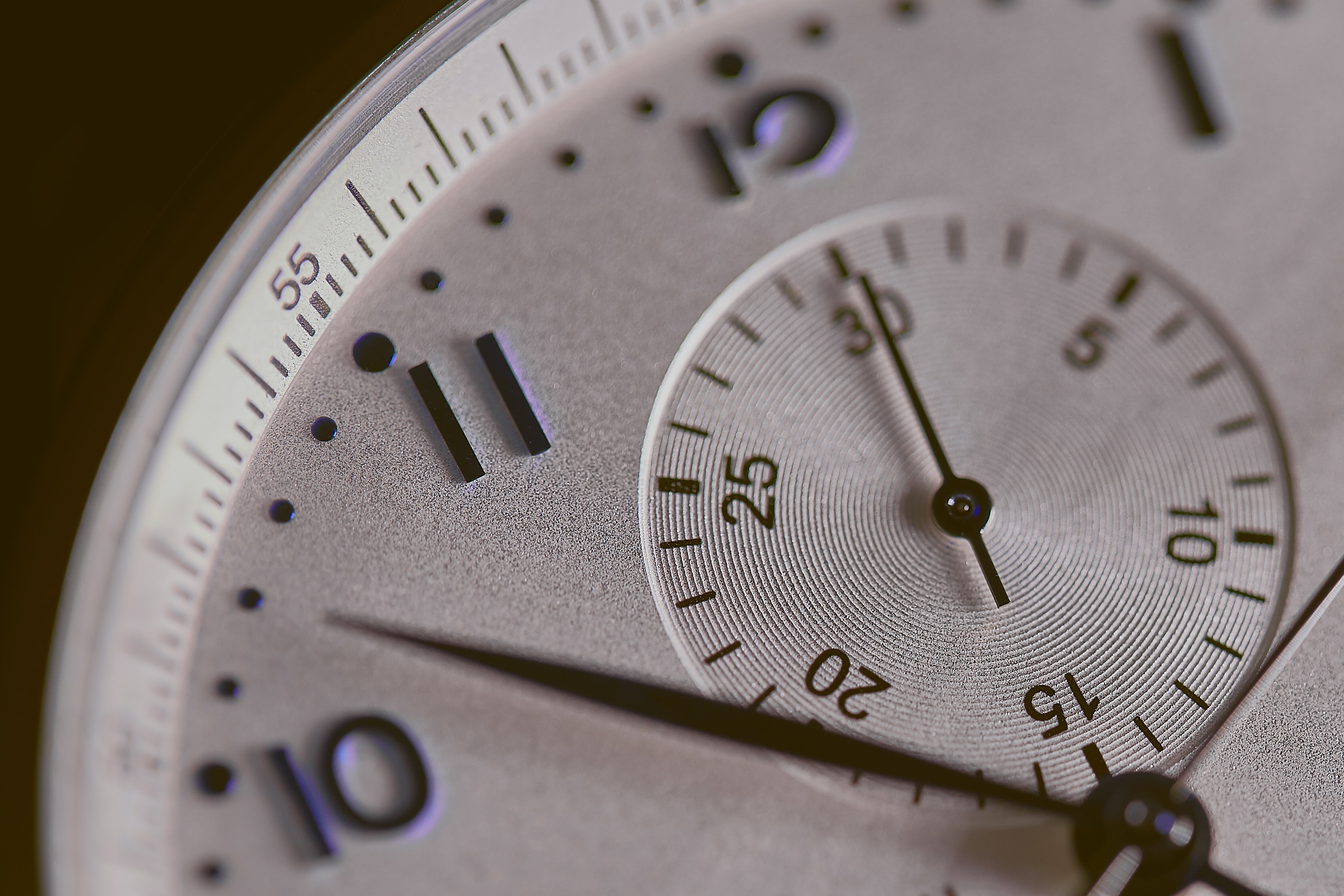If you try to file your lawsuit after the statute of limitations has expired, the court will likely dismiss your case.
The statute of limitations is when an injured party must file a claim or a lawsuit to seek compensation for their injuries and losses. Those injured must be sure to file their case within the allotted time, or they may lose the right to take legal action for their injuries. The law in Virginia establishes the statute of limitations for common personal injury cases like slip-and-falls, bodily harm, car accidents, and related medical malpractice cases.
If you were injured in an accident and were unaware of the statute of limitations issue, you are not alone. Unfortunately, many people in Virginia and across the country do not realize they must respect a statute of limitations for filing personal injury claims. Once this time has passed, your lawsuit may be barred from further action in court. This guide will help answer your questions about personal injury claims in Virginia.
Why Do Personal Injury and Auto Accident Lawsuits in Virginia Have a Statute of Limitations?
The statute of limitations aims to ensure that cases are filed promptly so that evidence can be gathered while memories are still fresh and witnesses can still be located. The law also protects defendants from defending against claims that are too old. For example, if you wait too long to file your injury claim, the court may refuse to hear it.
What Is the Virginia Statute of Limitations for Personal Injury Claims?
In Virginia, most personal injury cases have a two-year statute of limitations from the date of the accident or injury. So if you don’t file your complaint within two years, you’ll almost certainly be prevented from doing so.
There are some exceptions to this rule, however. For example, if the injury was not discovered until after the accident, you may have five years to file a claim. On the other hand, assume you’re unsure whether the statute of limitations bars your lawsuit. In that scenario, speaking with expert personal injury lawyers as soon as possible is critical. An attorney can look into the details of your case and advise you on the best course of action to take.
Exceptions to the Virginia Personal Injury Statute of Limitations
The typical two-year statute of limitations for personal injury cases in Virginia has a few exceptions, as follows:
- If the injured person is a minor, the statute of limitations does not begin to run until the child turns 18.
- If the defendant is a government employee, you must file your claim within one year.
- If the injury was caused by medical malpractice, you must file your claim within two years or within one year of the date that you should have reasonably discovered the injury, whichever is later.
What Happens if I Miss the Deadline?

If you try to file your lawsuit after the statute of limitations has expired, the court will likely dismiss your case. In some cases, however, the court may allow an extension if there was a good reason for missing the deadline, such as not identifying or locating the responsible party.
Suppose you have any questions about whether or not your case falls within the statute of limitations. In that case, it is crucial to speak with experienced personal injury lawyers as soon as possible.
What Are Some Other Important Things to Know About Filing a Personal Injury Claim in Virginia?
In Virginia, personal injury claims are governed by a doctrine known as contributory negligence. Therefore, if you are partially responsible for your injuries, you may be barred from receiving any compensation.
For example, if you are involved in a car accident and determined that you were speeding when the collision occurred, you may be partially responsible for your injuries. Therefore, you might not be able to collect damages from the other driver.
Finally, it’s important to note that Virginia is one of only a few states that still follow the contributory negligence doctrine. Instead, most states have adopted a different rule known as comparative negligence, allowing injured parties to recover damages even if they are partially responsible for their injuries. For this reason, it is crucial to work with a personal injury attorney for a fender-bender or other case involving more or less serious injuries and material damages.


Join the conversation!